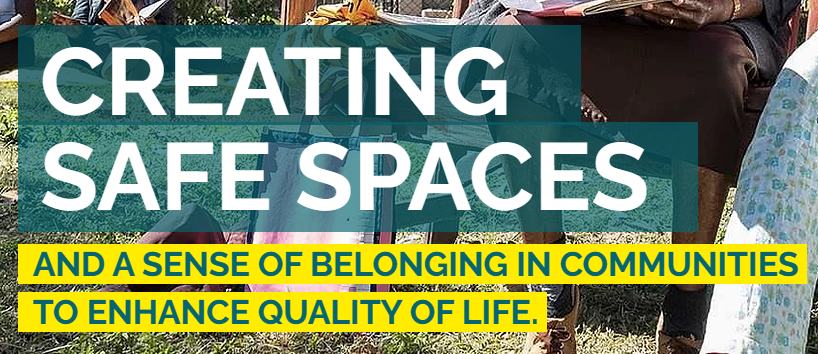Survivors need our own month (or three).
We want to honor and send congratulations to Marilyn Koenig who developed and led Friends for Survival for 40 years. FFS is California’s most successful effort to serve suicide loss survivors. Marilyn obtained local and state funding for her program during a time when survivors were not only unsupported, but we were also still widely blamed for our loved one’s deaths. She has stayed true to one principal: loss survivors are a uniquely deserving population of people who deserve focused care — care that is unrelated and not obliged to be attached to any other organization or mission. We can’t wait to see what she does next! We wish Marilyn a healthy and happy retirement!
This newsletter invites a call to action. We encourage survivors across the self-harm spectrum, from “ideation” to post-loss, to work toward support solutions developed by them and for them. Solutions should solve specific needs of a local community and for distinct populations within each local community.
But doesn’t Suicide Prevention Month already accomplish awareness about survivors’ needs?
Nope. Not AT ALL. it’s still mostly a one-size-fits-all industry
Each September survivors are greeted with two reliable facts in America. First, the suicide prevention industry will spend the month staging events to raise money. Second, survivors will be faced with the reality that the suicide prevention industry in America has failed to solve suicide. The US the president will typically mark the month with a statement. Most prevention efforts during September will assert that suicide is 100% preventable and that help is at hand, which is untrue.
The good - survivor care improves lives!
Postvention efforts worldwide are taking shape around the basic premise that survivors deserve compassion, care, recognition, and funding for our work.
Among the survivors are researchers designing survivor-centered resilience skills development programs and help lines. These efforts are becoming more often unconnected to mainstream suicide prevention efforts.
Survivors are also publishing their own resources and staffing these efforts. Independence from prevention is a growing trend. We have listed a few encouraging efforts below.
Luckily, doubly marginalized people are rapidly increasing their own work in their communities.
The bad and the ugly - suicide prevention is still not preventing suicide.
The intriguing
To give credit where credit is due. There are a few longtime workers in the prevention biz who work hard to promote the work of marginalized folks few. They share the mic and stage, and a few share funding and publication credit.
In our next newsletter we invite a guest researcher-author to discuss the importance of data ownership. Some questions that arise in discussions of data ownership are: Who owns the data provided by the target group of people? Does “informed consent” given in times of crisis constitute binding legal conditions? Are the subjects adequately informed and remunerated for their information? Who profits the most from crisis response data? Who is directing most of the USAs prevention activity? Are certain individuals, nonprofits, for-profits, and government entities leading where they should be following? Do some entities hold undue power at the legislative table? Who profits from maintaining the status quo?










